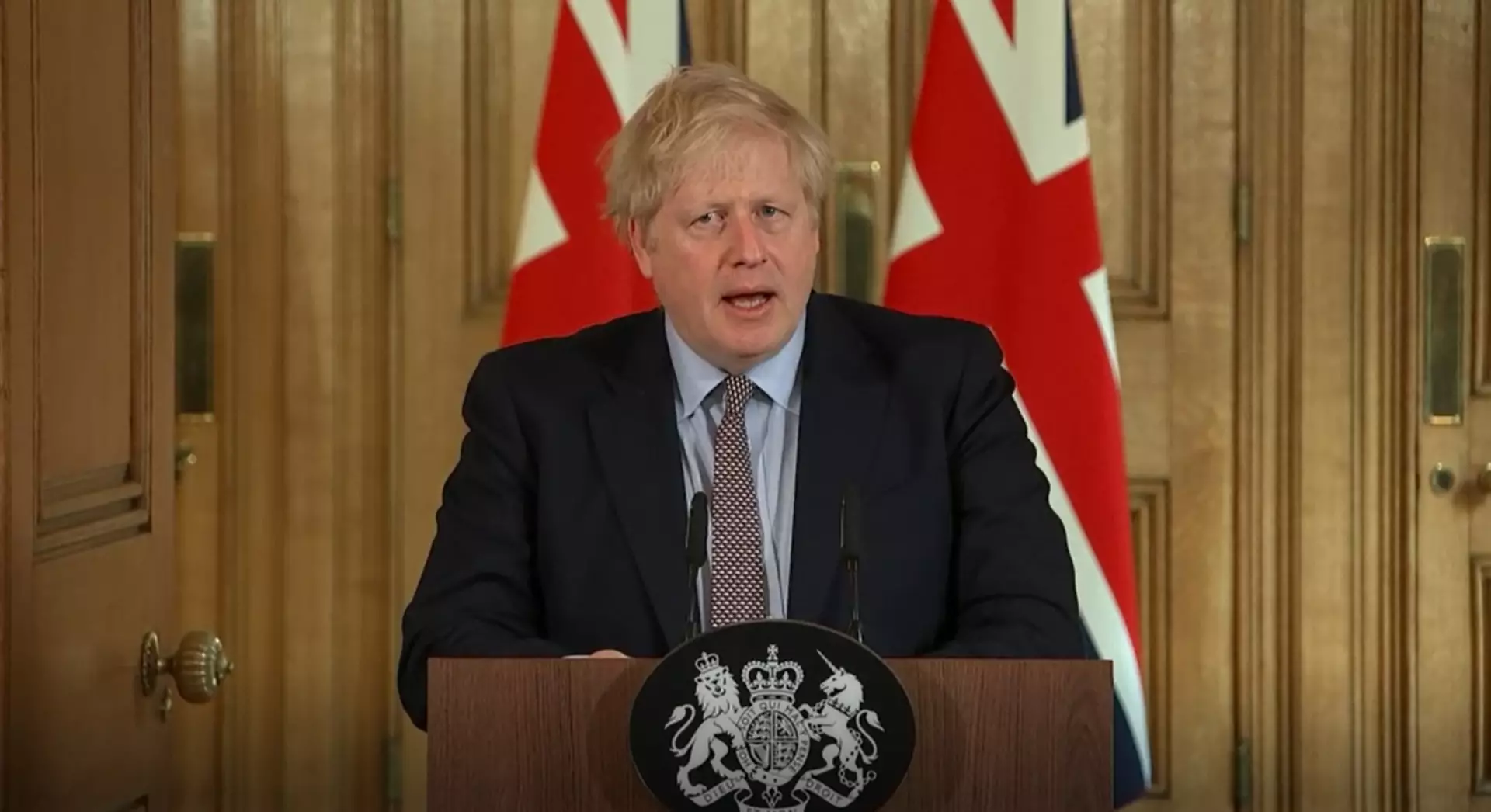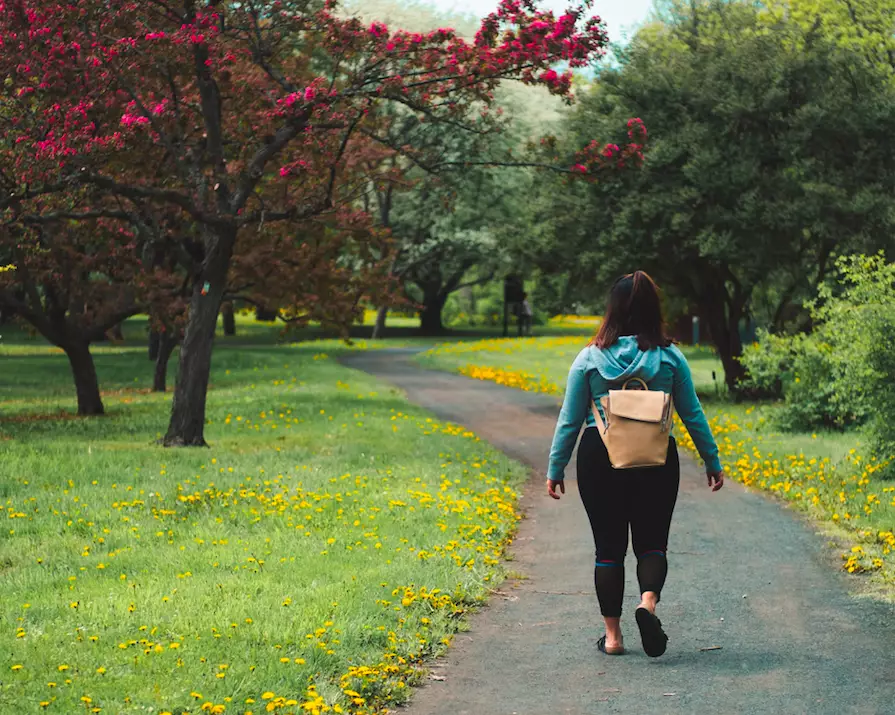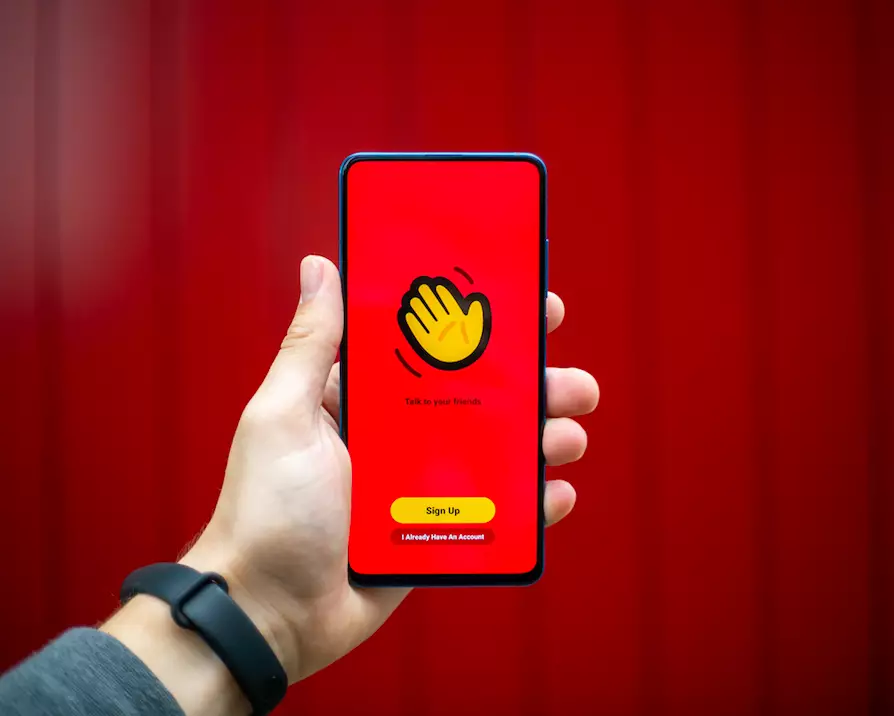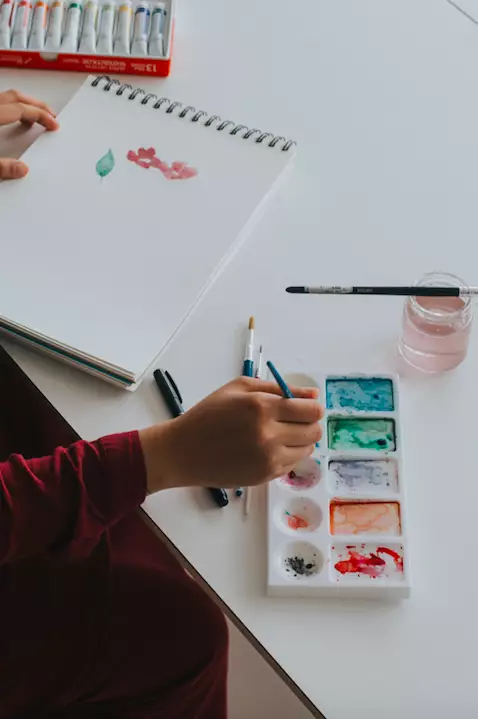
If you would have told us at the start of 2020 that we were going to spend the rest of the year indoors, we would have laughed in your faces.
However, that's exactly what we did as the coronavirus pandemic took the world in its vice-grip, and from March last year, we bid adieu to our social lives, daily routine and loved ones in order to bunker down for the foreseeable.

Now, over 12 months on, restrictions are slowly starting to peel back thanks to the success of the coronavirus vaccine programme - and we can start looking forward to life beyond our living rooms.
Advert
But not everyone is raring to run back to normality, with a surprising number of people now thinking back to the early days of pandemic with a sense of nostalgia - even joy.
A viral TikTok video by user Will Gosden, which shows the TikTokker listing the 'highlights' of the UK's first lockdown, has over 1 million likes - with the numerous comments containing people reminiscing about 12 months ago.
"It was a vibe, ngl," wrote one person, while another said: "I actually miss it. It was fun."
Advert
Will's video is just one of number of TikTok's recalling the "good old days" of Tiger King and banana bread. But with 'normal life' beckoning, why are so many people thinking back to a time fuelled with such uncertainty with only Netflix to keep us company?
Dr Deborah Lee, of Dr Fox's Online Pharmacy, said this sense of nostalgia stems from the more positive outlook the "novelty" lockdown one provided us with.
"We didn't know how long it was going to last," she tells Tyla. "The weather was good, and people were taking long walks in the sunshine every day.

"It was a novelty for many people to work from home, with no need for the exhausting daily commute. Some children were delighted to not have to go to school. For some, lockdown one felt like one extended holiday."
Advert
Dr Lee also highlights the sense of kindness and good-will that was abundant in early March last year.
"There was so much kindness about - people being neighbourly, clapping highly for the NHS, and we all remember the heroic efforts of dear Captain Tom," she explains. "We all pulled together and hoped beyond hope, it would end soon. Many people compared the first lockdown period to the war - that during the war - we all pulled together."
It's a typical British trait to conjure up war imagery when things around us look dire. Getting the virus under control used fighting metaphors, with news channels citing the "war" on coronavirus and urging people to channel "the Blitz spirit."

For those lucky enough to be living in comfortable housing and with a secure job, lockdown one was most certainly a novelty. Apps such as TikTok, Houseparty and Zoom kept us in contact with friends far away, and many people finally had time to enjoy a slower pace of life.
Advert
This rose-tinted nostalgia, where we remember the positive aspects of lockdown, seems to rewrite the reality of what happened - thousands of people were dying, the NHS was on the brink of collapse, and shortages of PPE are overlooked for the joys of TikTok dances and Tiger King.
It's certainly a stark contrast to the short lockdown we faced in November, and then again in January, where people were getting desperate to see their loved ones and the situation seemed to be reaching dire levels once again.
The change in weather, Dr Lee explains, also contributed to the low mood.
"The days were short, dark, and rainy in Winter," she says. "The evenings seemed interminable. We could not go out in the garden for long periods. Many people now realised they actually missed the office and wanted to go back.
Advert
"The kids were bored, frustrated, missing their friends, and desperate to go back to school. Everyone was tired of the whole thing. There was more anger everywhere, about the effects of the pandemic on people's livelihoods, and on people who refused to follow the rules, for example, who would not wear face masks.

"Many families suffered from not being able to see elderly relatives. Christmas was off.'"
The comparison between the two experiences is what has seen some people pining for March 2020.
"It all seemed so much easier then, compared to now," Dr Lee adds. "The first period of lockdown was bittersweet. We had no choice, we were all thrown in together, and it worked. Virus numbers fell, and life started to return to some sort of normality. When we realised that we were in the midst of a second wave, with the NHS under crippling pressure, and more cases of Covid than ever before, the first lockdown suddenly seemed a relative piece of cake."
Lockdown three now coming to an end also means the rollback of the furlough scheme - which could see millions of people out of full-time work. This sense of fear about the future could explain why lockdown one is looking more desirable, says business and career psychologist Paula Gardner.
"The first long lockdown over the summer saw people indulge in creative project," she says "Coming out of lockdown now means thinking about their job, or lack of one, how sustainable their work is in future, and how they need to do something about that by thinking about an alternative Plan B.

"Those people who allowed themselves go there during lockdown, often found that they had the time and the space to imagine alternative futures. Those who haven't are now having to face reality."
There are, of course, people who feel generally fearful about lockdown ending - with psychologists warning that easing restrictions may trigger rising levels of anxiety.
Dr Ganga Shreedhar, an assistant professor at the LSE department of psychological and behavioural science, told The Guardian: "Covid has been such a disruption from how we normally live our lives that people have had to put in time and effort to adapt to the new normal... In anticipation of restrictions lifting, people might find themselves experiencing increased levels of stress and anxiety if work commitments or time constrains no longer allow them to keep good routines in place."
It makes sense for why people may be yearning for the halcyon days of Zoom quizzes and daily walks, with the future looking still somewhat uncertain. However, there is a level of privilege that comes with thinking fondly of lockdown - and it mustn't blind us to the fact that 126,000 people have died from this pandemic.
Featured Image Credit: Netflix/UnsplashTopics: Tiger King, Life News, lockdown, Life, Coronavirus, TikTok, Covid-19